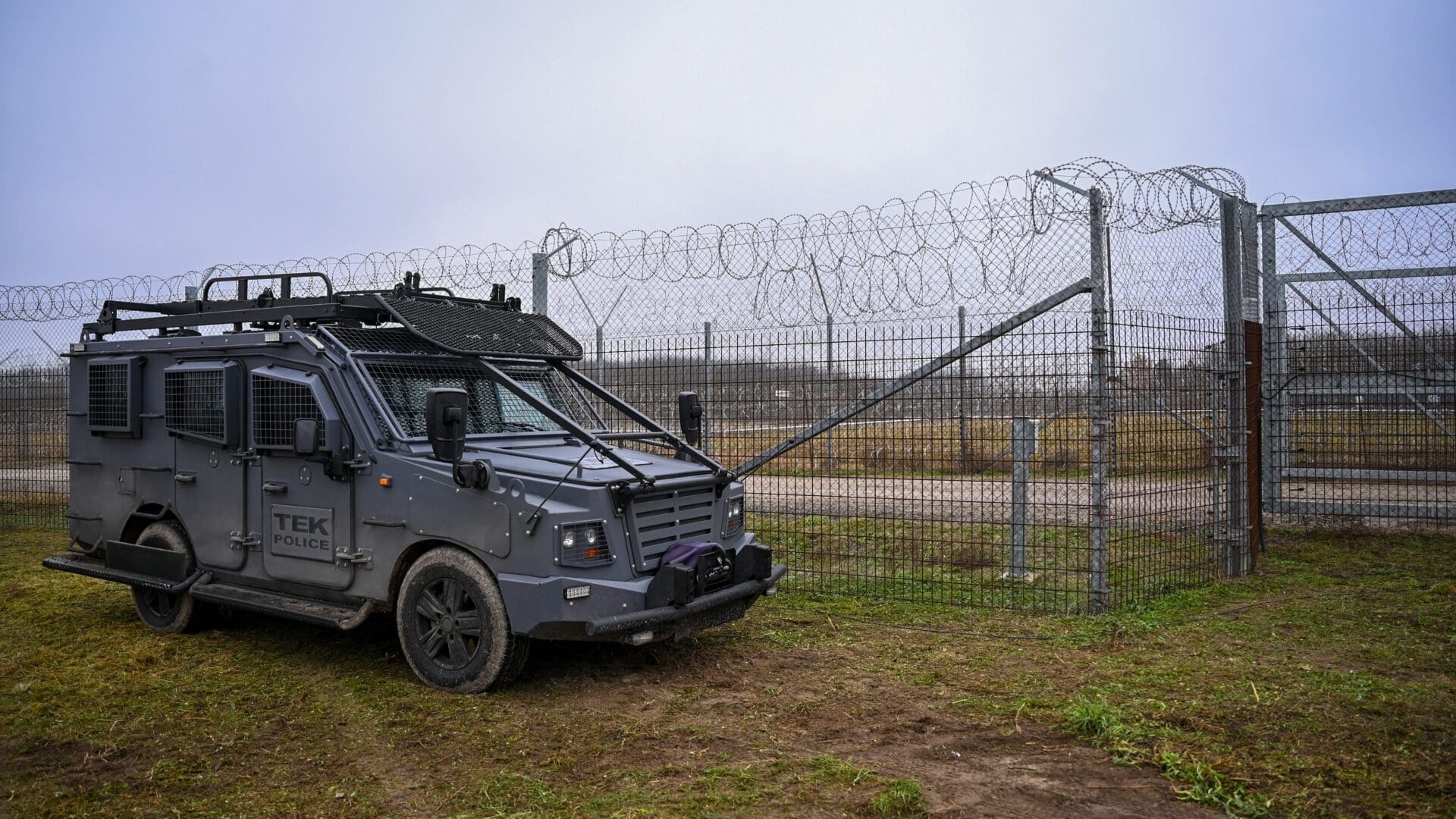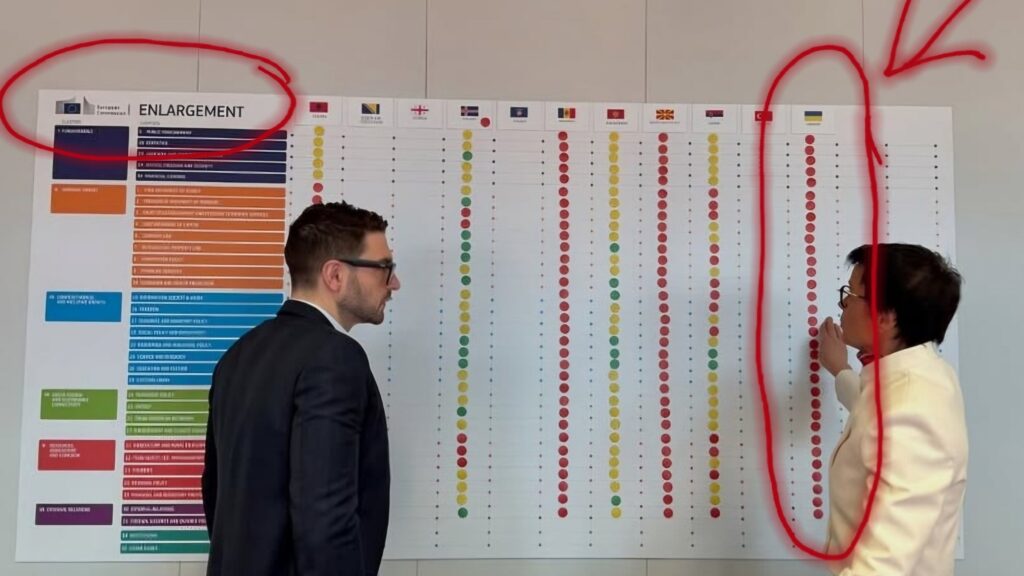Migration pressure on Hungary’s border with Serbia has increased tenfold this year, with 1,841 illegal migrants apprehended so far, compared to just 191 during the same period in 2023. This alarming surge was highlighted by Prime Minister’s Chief Advisor on internal security György Bakondi during an interview on the M1 news channel on Wednesday.
Bakondi warned that the ongoing conflicts in Syria and the Democratic Republic of Congo could trigger a new wave of mass migration into Europe this spring. ‘If the situation in these regions does not stabilize, we could see large numbers of people fleeing to Europe,’ he said.
Reflecting on the broader European context, Bakondi noted that over 9 million illegal migrants have entered Europe since 2015. He drew attention to a controversial statement made by George Soros in 2015, in which the billionaire philanthropist suggested that Europe needed to accept one million illegal migrants annually to dissolve rigid national frameworks and pave the way for a ‘United States of Europe’. Bakondi remarked: ‘We are witnessing the implementation of the Soros plan.’
The security advisor also pointed to the severe public safety crises in Western Europe caused by illegal migration. In Germany, early elections are being considered, while France has seen multiple governments collapse. Italy is seeking national solutions to the issue, and Sweden is grappling with what Bakondi described as a ‘total collapse of public safety’, marked by deadly shootings and bombings.
‘Illegal migration is making everyday life more difficult for people,’ Bakondi opined, adding that 70 per cent of Germans now believe migration policies need to change. He emphasized that those who are deported must actually leave the country, a policy Hungary has consistently enforced since 2015.
‘Illegal migration is making everyday life more difficult for people’
Hungary’s government has prioritized the safety of its citizens, implementing robust border protection measures to prevent illegal migration. ‘We do not want to accept illegal migrants, create migrant ghettos, or force Hungarian people to live in fear,’ Bakondi stressed.
In a separate interview on public Kossuth Radio, Bakondi highlighted the security crisis in Sweden, where 31 bombings occurred in January alone. He attributed this to the influx of explosives and individuals capable of handling them, as well as the infiltration of extremist terrorist organizations through illegal migration channels. ‘Those who have been ordered to leave the country often remain, exacerbating the public safety crisis,’ he explained.
Bakondi concluded by warning that migration is a long-term issue that will continue to shape Europe’s future and public safety. ‘This is a challenge that requires a European solution,’ he said, urging coordinated action to address the root causes and consequences of illegal migration.
As Hungary continues to strengthen its border defences, the country remains a vocal advocate for stricter migration policies within the European Union, aiming to protect both its citizens and the broader stability of the continent.
Related articles:








